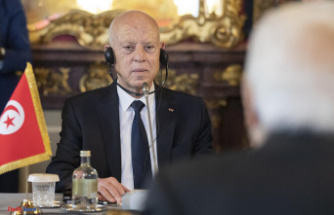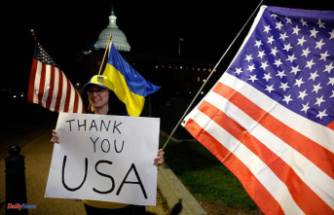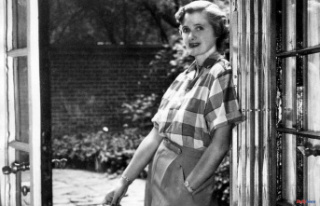Uber has created a private-label version of its delivery platform in order to aid the United Nations in delivering food and water to war-torn regions of Ukraine.
The tech company is collaborating with UN's World Food Programme (WFP).
Large delivery trucks are unable to reach certain parts of Ukraine due to structural damage or the threat of an attack.
Uber's platform allows the WFP coordinate a fleet of small vehicles.
WFP hand-picks its drivers and vehicles. Some are ex-Uber drivers who were in Ukraine prior to the Russian invasion.
Uber boss Dara Khoroshahi stated that his company had given WFP their "private-label Uber."
This is a customized version of Uber Direct that's commercially available. Big name customers include Apple and Tesco. Uber usually charges a commission for each delivery, but there is no charge for the WFP.
The software can be used to coordinate distribution and track drivers and deliveries within a 100km radius of its warehouses.
It is currently being tested in Dnipro, the city's central area. It is hoped that the scheme will soon be expanded to four additional cities: Lviv (Vinnytsia), Kyiv, Chernivtsi and Kyiv.
A number of aid organizations are available to help those in crisis, including the Red Cross and Save the Children.
Within a matter of weeks, Uber's platform was online and operational after its initial contact with the World Food Programme.
David Beasley, executive director of WFP, stated that it's not possible to wait for food for a month - people need food right away.
"You can't live without food for a few weeks, so Uber's technology, their delivery systems, and their dispatch systems... It's a huge success story."
Uber has experienced turbulent years in recent years. Uber's ride-sharing service was severely affected by the pandemic. People stayed home and Uber had to change its policies regarding drivers. This has allowed the company to give workers better rights.
However, the move to deliveries has been a success. Mr Khosrowshahi stated that Uber's delivery arm was still in its infancy when he became CEO in 2017.
96% of Uber's 2021 delivery orders were for restaurant meals. The 13-year-old company also reported its first profit.
"I believe that delivery can be more extensive because it's not about just food. It's groceries, and it also empowers any local merchants to out-Amazon Amazon," stated Mr Khosrowshahi.
"If Amazon delivers next day, your local merchant will deliver within the hour or two hours... People want everything delivered to their homes as fast as possible and we can ride that wave."












